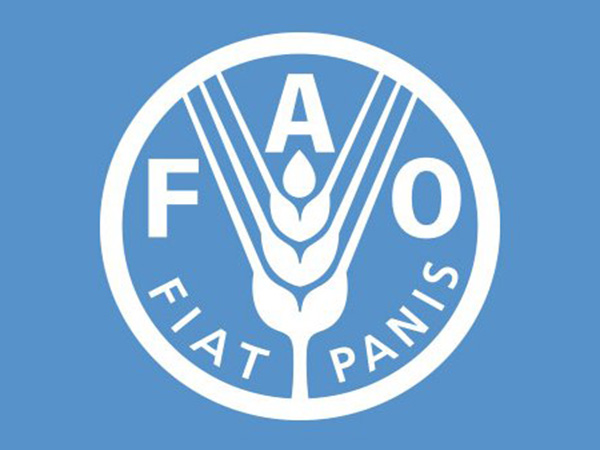Baghdad [Iraq], May 25 (ANI/ WAM): The world needs to act with speed, scale and determination to tackle the growing threat of water scarcity and climate shocks, the Director-General of the Food and Agriculture Organisation of the United Nations (FAO), QU Dongyu, today told the 5th Baghdad International Water Conference.
Hosted by the Iraqi Ministry of Water Resources, the conference offered FAO the chance to convene experts, policymakers, and partners to share knowledge and foster collaboration for sustainable water and agricultural development.
Across the world, water is under growing pressure from rising demand, intensifying droughts and competing interests.
The situation is particularly critical in Iraq, where water has an historical legacy. Mesopotamia – “the land between two rivers” – was the cradle of ancient civilisations like the Sumerians and the Babylonians. Today, water management systems like its canals and qanats underpin Iraq’s identity, celebrated in art, literature, and religious texts.
The country’s agriculture sector – and its food security – rely heavily on water, with over 90 per cent of this precious resource used for irrigation, supporting staple crops like wheat, barley, rice, and date palms.
Without sustainable water management, Iraq risks losing up to 50 per cent of its wheat and barley yields by 2050, increasing its reliance on volatile global markets. Moreover, disappearing water resources threaten to erase millennia-old traditions, displacing communities and cutting ties to historical landscapes. In the case of Iraq, preserving its water heritage means maintaining historical legacies and social cohesion.
The challenges posed by water scarcity affect not just Iraq, but much of the Middle East and many other regions around the world.
Tackling such challenges requires acting with “speed, scale and determination,” Qu said.
According to the FAO Director-General, priority should be placed on ensuring that water technologies are affordable and accessible. policymakers should also strengthen local capacity and empower farmers – especially youth and women. Finally, there’s a need to scale-up what works, from smart irrigation to sustainable energy through knowledge and training programmes.
In the meantime, FAO has been carrying out a series of initiatives in Iraq and the Middle East through its WaPOR programme – an open-access portal using remote sensing to help farmers use water more efficiently.
Last year, for instance, FAO supported Iraq in securing a USD 39 million project co-financed by the Green Climate Fund to modernize irrigation, strengthen Water User Associations, promote climate-resilient agricultural practices and develop efficient and effective water and energy management policies.
“Addressing water scarcity and droughts require science-based and integrated approaches, Qu said. “FAO is committed to continuing to provide reliable data, technical expertise and strategic partnerships,” so that it may support those most in need to achieve the Four Betters: Better Production, Better Nutrition, a Better Environment, and a Better Life – leaving no one behind. (ANI/ WAM)
Disclaimer: This story is auto-generated from a syndicated feed of ANI; only the image & headline may have been reworked by News Services Division of World News Network Inc Ltd and Palghar News and Pune News and World News
HINDI, MARATHI, GUJARATI, TAMIL, TELUGU, BENGALI, KANNADA, ORIYA, PUNJABI, URDU, MALAYALAM
For more details and packages











